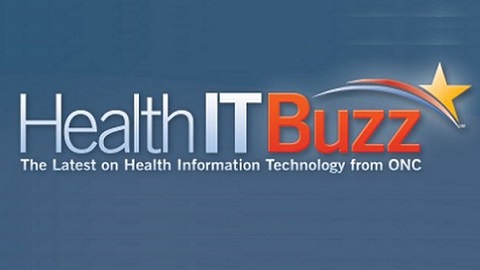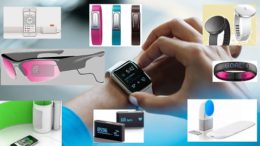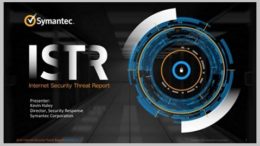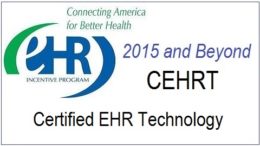RECs – Essential On-The-Ground Support for EHR Adoption
By Thomas A. Mason, MD – ONC is releasing a comprehensive evaluation of the Regional Extension Center program and we’re excited to announce that our efforts have already made a major impact. In 2009, most doctors still used pen and paper for medical records.
Read More








